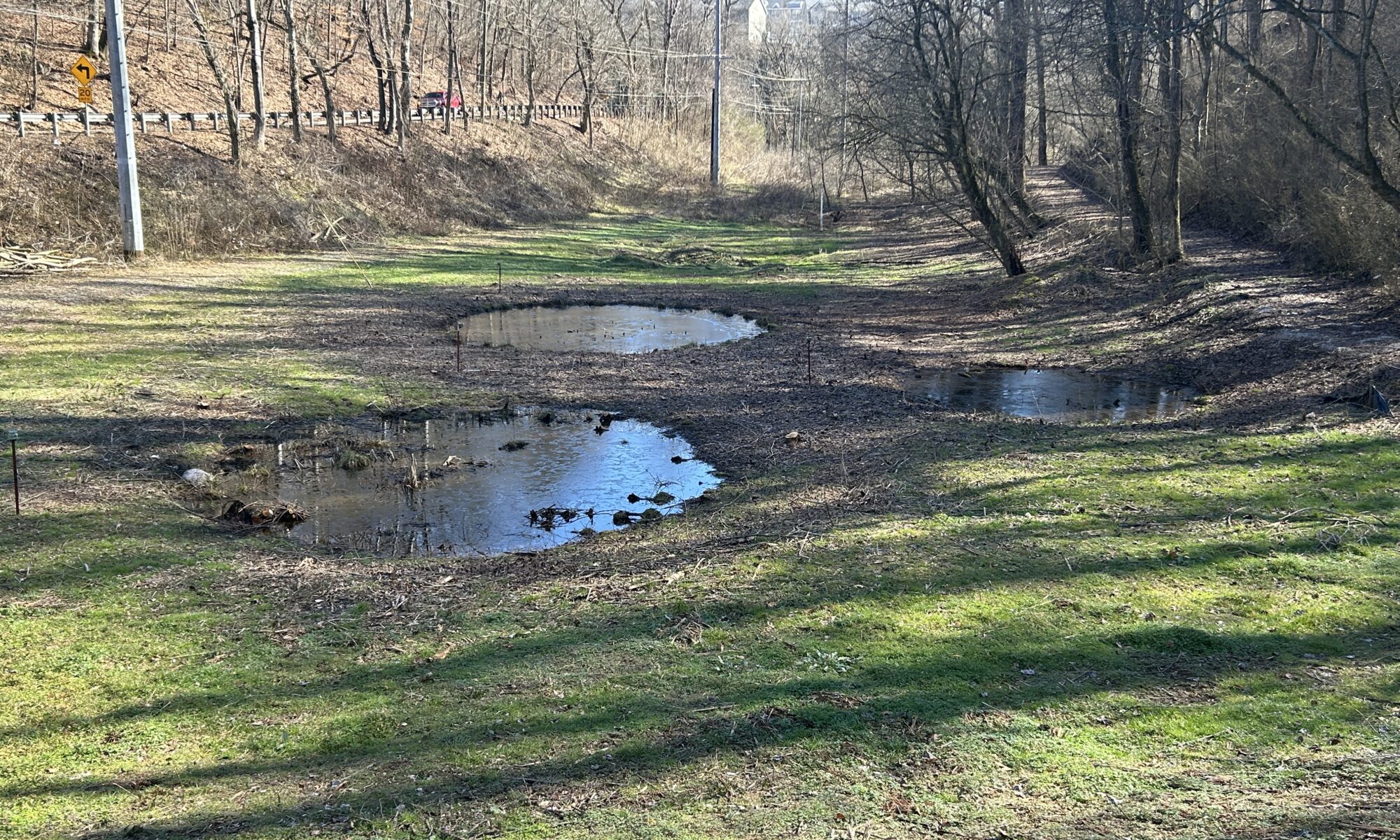
School of Natural Resources Professor Matt Gray joined UTIA Associate Professor of Ecological Engineering Andrea Ludwig and other colleagues in creating an information sheet on the importance of wetlands for World Wetlands Day on Feb. 2.
You can view the PDF and references by clicking here or read the verbatim below.
The Tennessee Water Quality Control Act of 1977 became model legislation for other states in that it was the first to put the waters of the state into the public trust to be managed for the benefit of all Tennesseans. This legislation classified state waters as all waters that occur above and below ground, protecting wetlands that straddle this interface. This legislation set forth five decades ago has significantly contributed to wetland quality, which supports Tennessee’s agricultural, urban, and tourism development.
Isolated wetlands are crucial in maintaining the state’s rich natural history, improving our economic future, and maintaining flood safety, water quality, and biodiversity. Despite their name, isolated wetlands are well connected to the landscape, providing natural filtration and water storage. Isolated wetlands often have significant connections to groundwater, even when surface water connections are not evident, providing important aquifer recharge while cleaning the water. The services provided by these systems are valued at $49,413 per acre. The total economic value of the 430,000 acres of isolated wetlands in Tennessee is approximately $21.5 billion.
Flood Control: It is estimated that although Tennessee has lost more than 60% of its natural wetlands, over 787,000 acres of wetlands remain. These wetlands are estimated to absorb approximately 350 billion gallons of water per year. With 140,000 Tennesseans living at risk of floods, wetlands provide a natural and economical solution to reduce loss of life and property due to floods. Allowing wetlands to be filled (without permits, public comment, or mitigation) reduces the capacity for our landscapes to absorb runoff from rainwater and will increase flood risk.
Groundwater Recharge: Wetlands are present because there is a close connection with groundwater near the surface. As water pools in these low-lying depressions, it slowly trickles into the ground, resupplying aquifers with billions of gallons of water per year for use miles from the wetland. Groundwater recharge is a major component of the 2018 Tennessee H2O Plan, which was initiated by Governor Haslam to sustain the state’s water resources, particularly in western Tennessee where groundwater is a major agricultural and municipal water source. Approximately 2 million Tennesseans rely on groundwater for drinking water, and isolated wetlands and sinkholes are primary sites for recharge.
Water Quality: Wetlands are considered Mother Nature’s kidneys. They function as a natural water filter, removing pollutants such as excess fertilizers, pesticides, sediment, and other chemicals from agricultural fields and urban watersheds. Nutrient pollution from agricultural and urban areas is a major water quality issue in the state. Recent research shows Tennessee wetlands have the potential to retain over 300 metric tons of nitrogen and 50 metric tons of phosphorus per year. Protected wetlands translate to clean water for Tennesseans.
Wildlife Habitat: Tennessee is a global hotspot for aquatic biodiversity, with wetlands playing a role in supporting the many wildlife and fish species in our state. Tennessee wetlands also provide a key resting place for millions of migratory birds, especially waterfowl which contribute millions of dollars to the West Tennessee economy by providing hunting opportunities. Wetlands are a key element to Tennessee’s $29 billion tourism industry. Recognizing the importance of wetlands to wildlife, our natural heritage, recreation, and human health, the Tennessee legislature passed the U.A. Moore Wetlands Acquisitions Act in 1986, which provides funds to TWRA to conserve and restore wetlands for wildlife and recreation. The value of hunting, fishing, and boating activities to Tennessee’s economy exceeds $1 billion annually.
Economic Losses: The average acre of wetland lost between 2001 and 2016 cost local economies $1000-$4000 in direct costs annually, and importantly shifts these costs to local and state taxpayers. Much of this cost is due to losses from increased flooding with wetland loss. Conserving wetlands makes good economic sense. Tennessee is home to a diversity of wetlands with varying sizes, plant types, and hydrologic patterns. They provide habitat for fish and wildlife and contribute to the health of Tennesseans. They also help bolster our economy and reduce the impacts of floods. Conserving wetlands is key to Tennessee’s public prosperity and a part of our heritage.
Justin Murdock, Professor of Biology Tennessee Tech University; Andrea Ludwig, Associate Professor of Ecological Engineering University of Tennessee Institute of Agriculture; Matthew Gray, Professor of Wetland Ecology, University of Tennessee School of Natural Resources; Christopher Vanags, Research Assistant Professor of Earth and Environmental Sciences, Vanderbilt University
